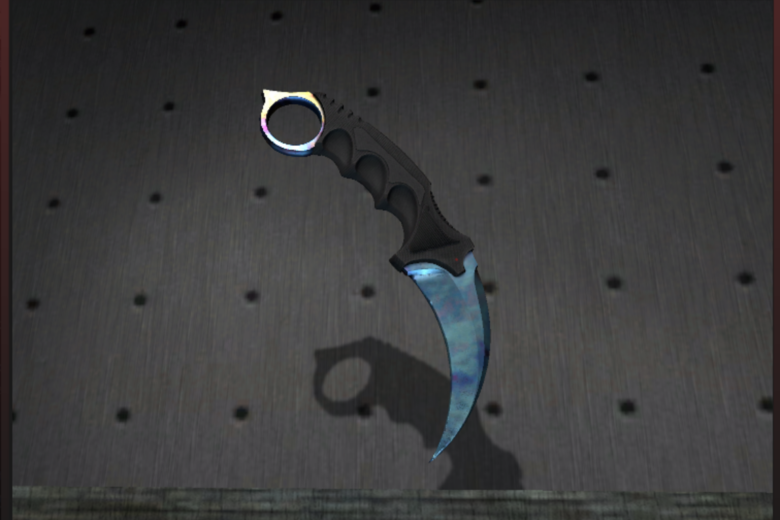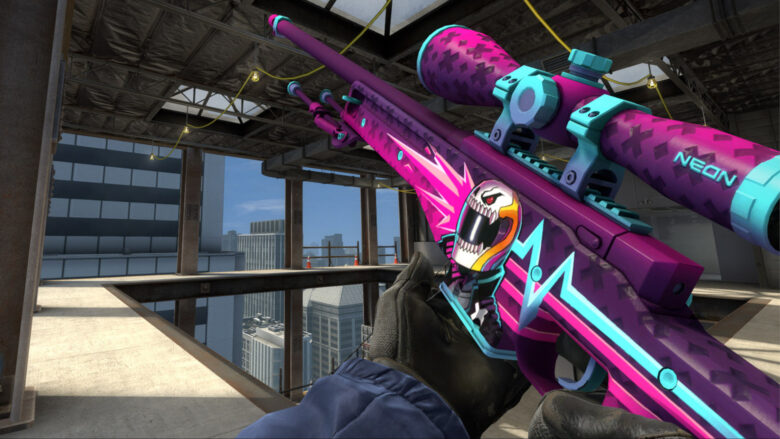This is the era of multiplayer and battle royale games, and skins are very important in these games. But still, these skins only serve a cosmetic purpose and don’t benefit players with stats and boosts. The question is, why are skins so important in games if they don’t have any purpose at all? Here are the reasons why skins are important in games.
Contents
What skins are?

Source: attackofthefanboy.com
Skins are cosmetic items that can be used to customize the appearance of characters, weapons, or other in-game elements in video games. They are usually acquired through in-game purchases, rewards, or by participating in special events. Skins can range from simple color variations to elaborate designs, and they are highly sought after by players who want to personalize their gaming experience.
Purpose and function of skins in gameplay
The primary purpose of skins in gameplay is to enhance the visual aesthetics of the game. They allow players to stand out from others by having unique and eye-catching appearances. Skins also provide a sense of individuality and self-expression, as players can showcase their personal style and preferences through the skins they choose.
Skins can serve as a status symbol or a way to show off achievements. Rare or exclusive skins often indicate a player’s skill, dedication, or involvement in the game. This can create a sense of prestige and admiration within the gaming community.
While skins usually do not affect gameplay mechanics directly, they can have indirect effects on player experience. Some skins may provide subtle advantages, such as better camouflage or improved visibility. However, these advantages are typically minimal and do not significantly impact gameplay balance.
Ultimately, skins add an extra layer of fun and customization to the gaming experience. They allow players to personalize their virtual avatars and create a unique identity within the game world. Whether it’s a flashy weapon skin or a stylish character outfit, skins have become an integral part of modern gaming culture.
Why are skins in games important?

Source: tryhardguides.com
If you’re a hardcore gamer, you may have spent some money on purchasing items and boosts in many games as they help you complete tasks really quickly, but purchasing skins is a different thing. These items also sound like a pretty good investment, but skins are a different case. Firstly, some skins are way more expensive compared to in-game items. In most games, skins have cosmetic effects only, but gamers still want them badly.
You can purchase skins and change the appearance of weapons and characters. Some of these skins can simply change the color, while others can add animations and special effects to your items. Most of the skins are paid, so the question of whether you should invest in them arises. Here are the reasons why you should purchase skins for weapons and other in-game items.
1. They are unique
The first reason why players purchase skins in the first place is because they are unique items that not everyone will invest in. Many of these skins are available for a short time only, which means they will become rare after that. Players can earn a profit by purchasing a skin and selling it when it becomes a rare item.
2. They can standout
Skins are a must-have for professional players as they take part in competitions, and the whole world watches their gameplay. With skin, they make themselves stand out from the rest of the crowd. Many teams have opted for a single skin, and that is their signature skin.
History of Skins

Source: blog.lootbear.com
Skins aren’t new to the gaming industry. They have been available for quite some time now, but the only difference is that in the past, they were rewards for completing tasks, but now they are full-fledged items that you have to purchase. They are the result of the microtransaction trend in new games.
Should you buy skins in games?
The real question is whether you should purchase skins or avoid them. The answer to this question depends on your needs. If you are a hardcore gamer and have an emotional attachment to the game, purchasing a skin might be something for you. Want to get rid of extra steam items? Go to skinomat.com. Otherwise, you should avoid skins as they are the developer’s method to get money from you. If the option is available, you should instead purchase items, such as better weapons. If you are a professional player and take part in competitions, purchasing a skin is thought to be necessary for you as you have to stand out from the rest of the gaming community.
Psychological Effects of Skins in Games

Source: theloadout.com
Skins in games refer to cosmetic items that can be applied to characters or objects to change their appearance. While they may seem like a harmless addition to gameplay, skins can have psychological effects on players. Some of these effects include:
- Social status: Skins can serve as a symbol of status and achievement within a game community. Players who possess rare or exclusive skins may be perceived as more skilled or dedicated, leading to feelings of superiority and validation.
- Personal identity: The selection of a skin can reflect a player’s personal preferences and values. By choosing a specific skin, players can express their individuality and create a unique identity within the game world. This can enhance feelings of self-worth and belonging.
- Motivation and reward: The acquisition of skins can act as a powerful motivator for players. The desire to obtain a desired skin can drive players to invest more time and effort in gameplay, leading to increased engagement and satisfaction when the goal is achieved.
- Attachment and sentimental value: Skins that hold sentimental value for players can create an emotional attachment to the game. Whether it’s a skin associated with a fond memory or a favorite character, these attachments can deepen a player’s connection to the game, making it more enjoyable and memorable.
Skins in games can have various psychological effects, ranging from enhancing personal identity and motivation to influencing social dynamics. Game developers often leverage these effects to enhance player engagement and monetization strategies.
Article is provided by Skinomat.
